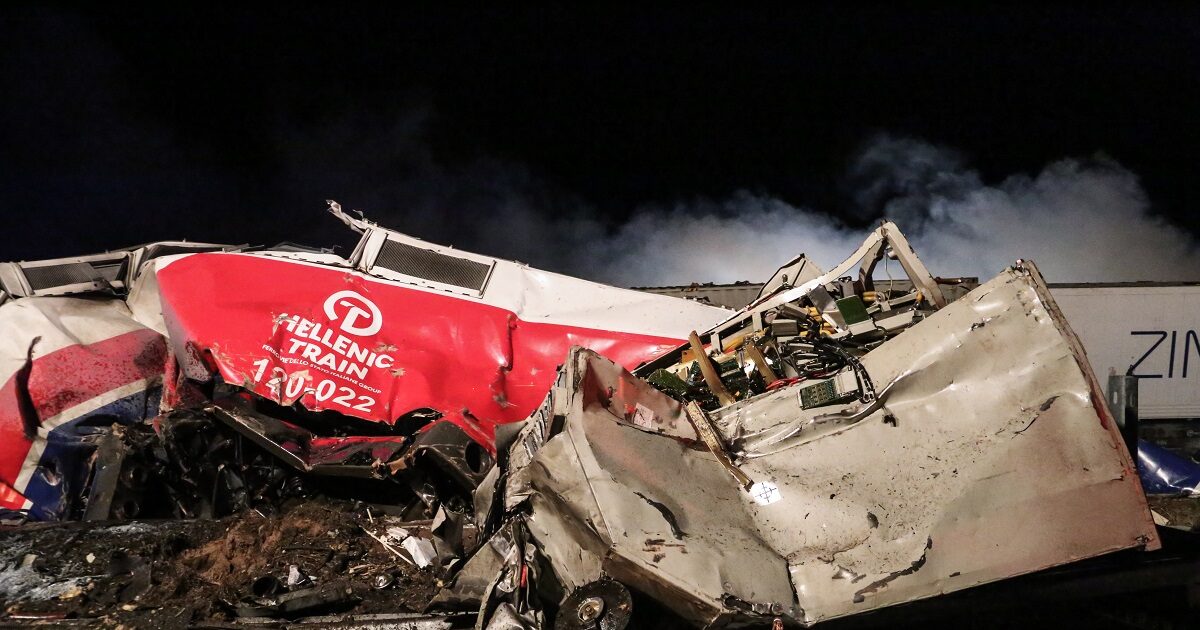Professor Bart Merci from the University of Ghent was made in statements to emphasize that this university has no involvement with his final finding OPANAAM for the Tempi and the fire caused by the accident.
It is recalled that the University of Ghent and Pisa took distances from the conclusion of EPANAAM, and in particular the point of fire after the conflict in Tempi.
Speaking to ANT1, the professor makes it clear that there has never been an official approval or acceptance of the EPANAAM finding by the University of Ghent. As for the assessment of simulations and on the basis of what evidence this was done, the professor replied:
“The European Union Railway Organization contacted the University of Ghent’s research team on 17/12/2024, stating that with EPANAAM they were investigating the Tempi rail accident.
As a result, we are asked to express the scientific opinion on CFD’s validity of the use and analysis, but also to review the CFD analysis as executed at the moment. “
CFD is a technique for performing computer simulations. In this case for fireplace. It is recalled that EPANAAM had addressed the Ghent Research Center in order to have light on the causes of the fireplace.
“We have completed these tasks over a 3 -week period, namely January 2025 based on information provided by the communications officer for our work. It is not clear to us to what extent the simulation arrangements, those that lead to the results of the public report, deviate from what we have considered, ”Mr Merci continued.
«We delivered our reports in due time, but they were not included in the public report“The researcher professor and head of the University of Ghent stressed.
Made it clear that ‘My team was not actively involved in the analysis of the causes of the accident or in writing the final public report».
Regarding whether the University of Ghent had simulated and used artificial intelligence to draw conclusions, Mr. Merci told ANT1 that “We re -examined the analysis of simulations as it was executed at that time” “Mr. Costas Lakafosis was in charge of our communications,” concluded Mr Bart Merci.
